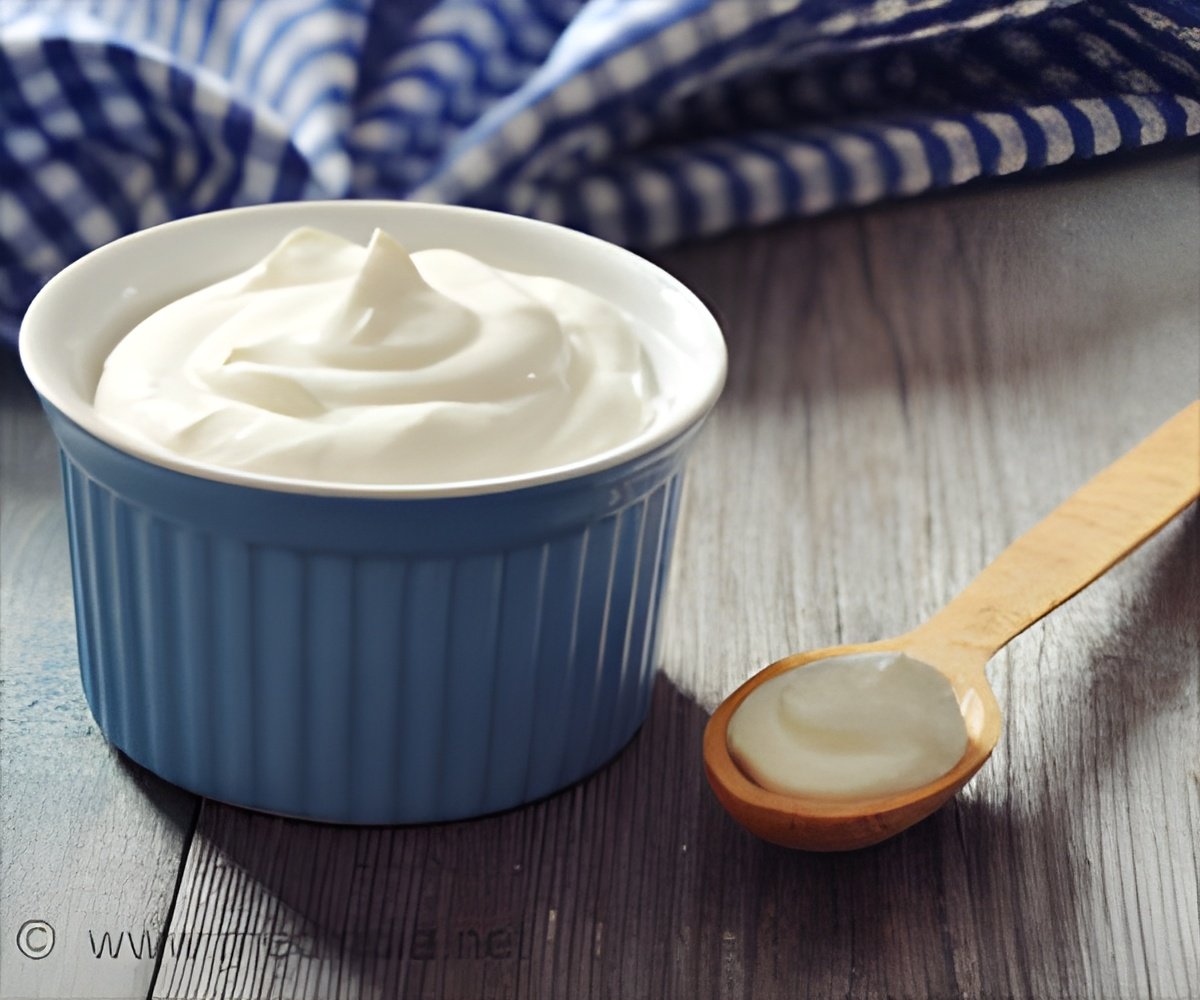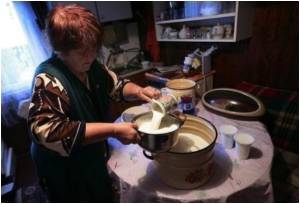Specialised probiotics can help prevent or treat obesity.

When this engineered bacterial strain was fed to mice, the researchers found that the composition of the mice's fat tissue was significantly altered, demonstrating that ingesting live bacteria can influence metabolism at remote sites in the body.
CLA is a fatty acid that is produced in different versions by different bacteria. One type, called t10, c12 CLA, has been shown to be associated with decreased body fat in humans and other animals. t10, c12 CLA also has the ability to inhibit the growth of colon cancer cells and induce their death.
However, this type of CLA is only produced by certain types of bacteria including Propionibacterium acnes - a skin bacterium that can cause acne.
In this study, an enzyme-encoding gene from P. acnes was transferred to the Lactobacillus strain allowing it to produce t10, c12 CLA. Lactobacillus strains are common inhabitants of the normal gut flora and are often found in probiotic products.
The researchers found that the level of t10, c12 CLA in the mice's fat tissue quadrupled when they were fed this recombinant probiotic. Thus, this study demonstrates that gut microbes have an impact on host metabolism, and in particular fat composition.
Advertisement
"Furthermore, fat is not an inert layer around our bodies, it is active and proinflammatory and is a risk factor for many diseases, including cancers. The work shows that there is potential to influence this through diet-microbe-host interactions in the gut."
Advertisement
"It is possible that a CLA-producing probiotic may also be able to keep colon cancer cells in check. All our findings to date demonstrate that the metabolism of gut bacteria can modulate host cell activity in ways that are beneficial to the host," explained Dr Stanton.
"We need to further investigate the effects of CLA-producing bacteria on human metabolism, but our work so far certainly opens up new possibilities for the use of probiotics for improvement of human health."
The study appears in Microbiology.
Source-ANI















